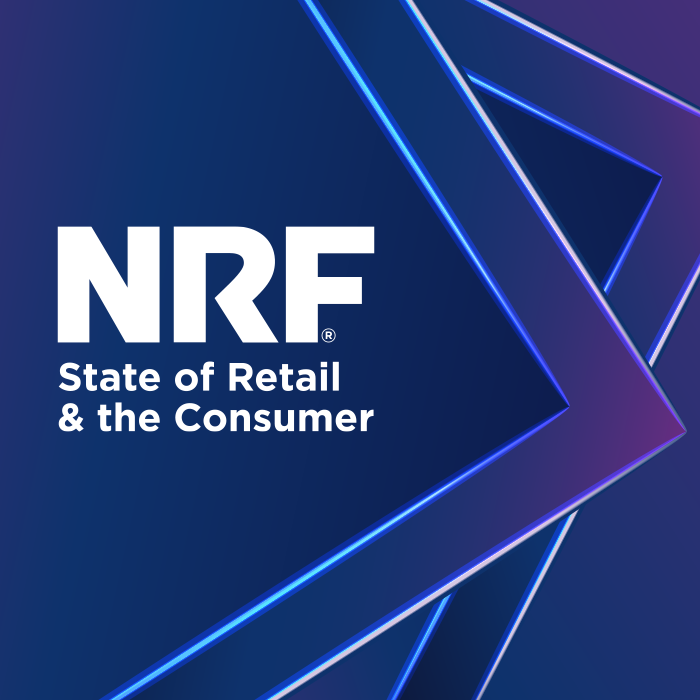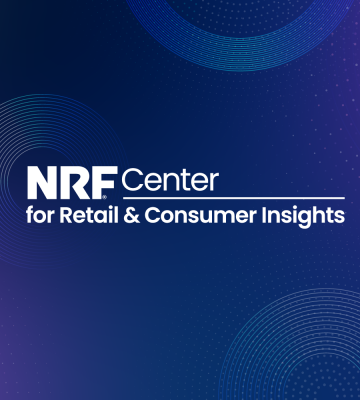Resale retail: Purpose-driven profits
)
Consumer interest in resale has increased across all ages and incomes throughout COVID-19. Accelerated by Gen Z and Millennial interest in saving money — and the planet — the resale market is growing rapidly.
Trove, one of the original resale service providers, predicts that resale will move from 7 percent of overall retail sales in 2019 to 17 percent of retail by 2029. In the fashion sector alone, the resale market is expected to grow from $36 billion today to $57 billion by 2025, according to a report by ThredUp.
Well-known brands like Neiman Marcus, Patagonia, REI, Gap, Levi Strauss & Co. and Coach are now selling “gently used” or “well-loved” products. Retailers are embracing resale to increase profits, attract and retain consumers, and meet corporate sustainability goals.
Sustainability benefits
More than 90 percent (and sometimes as much as 98 percent) of a retailer’s environmental impacts occur outside of their direct control, both deep in retail supply chains and from consumer post-purchase impacts. Reselling products creates environmental benefits by avoiding or delaying the impacts of discarding or even recycling the product and by reducing the impacts of manufacturing a new product.
Depending on what is included in the calculations, reselling a product can reduce the associated greenhouse gas emissions for that sale anywhere from 43 to 82 percent, which can be aggregated and included in retailer science-based climate change metrics. These kinds of emission reductions are important to consumers; according to a McKinsey report, two-thirds of consumers said addressing climate change has become even more important since COVID-19.
Resale models
Retailers are exploring a variety of resale models, differentiated by several strategic choices.
In-house, business-to-business or third-party: Retailers striving to actively manage the perception of their brands in resale markets are creating their own in-house resale markets (like Amazon, Ikea and Nike) or relying on business-to-business services to help them create unique, branded resale experiences. Others including Walmart are partnering with third-party platforms like ThredUp and Linda’s Stuff that combine broad brand assortments in resale marketplaces.
Some retailers are outsourcing their resale initiatives with companies such as Trove, Recurate and Archive. H&M, Kering and Neiman Marcus are investing in resale companies like Sellpy, Vestiare Collective and Fashionphile, respectively. Online resale platforms like Poshmark, Depop and The RealReal are also creating new resale options for brands and retailers.
Managing consumer data: Resale is an additional opportunity for retailers to better understand their customers. How that data is used, how integrated it is with existing customer data, and who manages and has access to the data are important considerations for retailers entering the resale space.
Take-back versus peer-to-peer: Some retailers take physical possession of an item from the seller before making it available for resale, while others enable peer-to-peer transactions through the retailer’s website with sellers handling post-sale packaging and logistics.
Take-back programs provide the retailer with greater control of the process, including the ability to authenticate, repair, refurbish and restore products before resale; peer-to-peer can create communities of brand fanatics and increase delivery speed and reduce transportation emissions by eliminating the (re)distribution center.
Authentication methods: Brand authentication is more important to some retailers than others. Some physically inspect and refresh products before reselling. Others rely on previous sales with a consumer to validate authenticity. Additional authentication methods including artificial intelligence and blockchain are also being explored.
Payment: Some retailers provide sellers with cash; others rely on store-credit as a way of enhancing brand loyalty.





